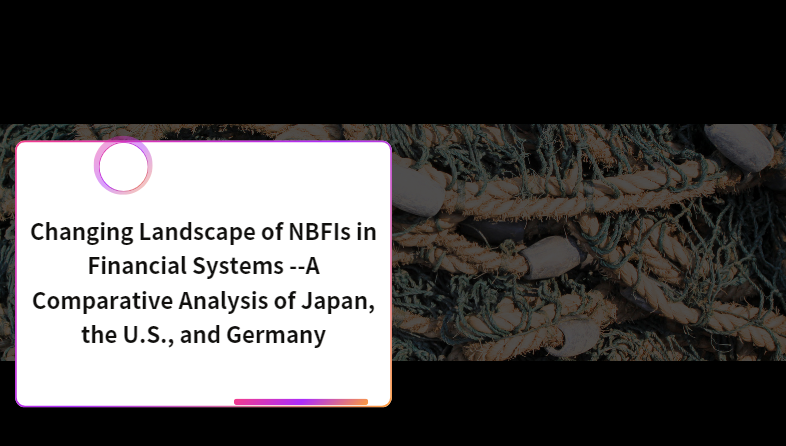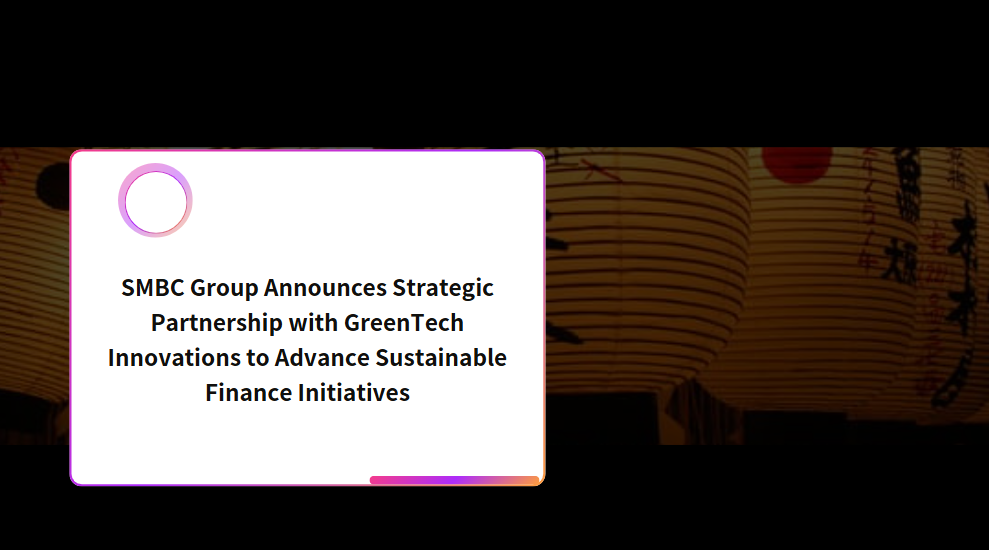Insights from Tokyo – Advancing Japan’s Green Transformation Through Transition Finance
On May 9, 2025, the Climate Bonds Initiative hosted the “GX & Sustainable Finance Roundtable” in Tokyo, bringing together key stakeholders from Japan's financial sector and relevant ministries. This roundtable served as a platform for open and strategic dialogue on how transition finance can support Japan's Green Transformation (GX) and broader sustainable finance goals.
Held at the GX Acceleration Agency headquarters, the closed-door session provided space for open dialogue across sectors. Topics ranged from energy policy implementation and market alignment, to investment barriers, geopolitical risk, and the broader need to build a credible and inclusive transition finance narrative.
Japan's Transition Moment
The Japanese government is well positioned to accelerate its GX targets by advancing decarbonisation in ways that also promote economic competitiveness and promote regional revitalisation. However, turning these ambitions into tangible outcomes will require combining policy leadership with coordinated efforts across sectors. Participants agreed that meaningful progress will come from aligning policy frameworks with market incentives and ensuring credible, investable pipelines. The roundtable surfaced three recurring themes:
Implementation Gaps: While policy clarity has improved in recent years, bottlenecks in permitting and project development, particularly in renewable energy sector, continue to delay private investment.
Investor Hesitation: Institutional investors expressed the need for more predictable returns and higher quality ESG data to better assess risk and de-risk transition investments.
The Power of Storytelling: Speakers stressed the importance of showing visible success stories to build public trust and avoid “greenhushing”, a growing reluctance among firms to disclose climate-related actions due to fear of criticism or backlash.
Sapporo's Vision for a Green Future
One segment of the roundtable spotlighted the City of Sapporo's efforts to position itself as a hub for green innovation. Ms. Kaori Nishiyama, Director of GX Promotion for the CIty of Sapporo, outlined Sapporo's recent initiatives, including the development of a GX project certification scheme based on the Climate Bonds Standard aimed at attracting international investors. Ms. Nishiyama also introduced a new tax incentive scheme launched in April to support foreign businesses and startups, showcasing Sapporo's commitment to becoming a hub for green finance and innovation.
A Call for Regional Leadership
Sean Kidney, CEO of Climate Bonds, emphasised the importance of regional efforts in driving Japan's green transition. Noting the rising energy demand due to AI and data centre expansion, he underscored Hokkaido's potential as a model for regional revitalisation powered by renewable energy. “With increasing geopolitical risks, it is imperative to diversify energy supply chains. Hokkaido can lead the way in local development and decarbonisation,” he said, concluding with a warm gesture of solidarity toward Director Nishiyama.
Building a Unified Front
The roundtable featured active participation from ministries, financial institutions, and related organisations, with open and constructive exchanges throughout the session. Discussions centred on enhancing Japan's energy strategy, leveraging green finance mechanisms, and reinforcing public-private partnerships to achieve GX goals.
Climate Bonds remains committed to supporting these efforts through standard-setting, investor engagement, and regional collaboration. This roundtable marks another step in a broader conversation—one that we hope to carry forward at a public forum later this summer, in partnership with AIGCC and PRI.
Next Steps
As Japan continues to scale its GX ambitions, Climate Bonds remains committed to supporting both domestic and international actors in accelerating sustainable finance efforts. Continued dialogue and coordinated action will be key to unlocking green investment opportunities and driving a resilient, low-carbon future.






















































First, please LoginComment After ~